As a loving dog owner, it’s natural to be curious and sometimes concerned about your furry friend's behaviors, especially when they exhibit habits like eating grass. While it might seem odd or even worrying, rest assured, your dog's occasional grass-eating is often nothing to fret over. Let's delve into this common canine behavior and understand why your dog might be munching on grass blades.
Is it Normal for Dogs to Eat Grass?
You might have noticed your dog nibbling on grass during walks or in the backyard. Surprisingly, this behavior is quite common among our canine companions. In fact, many dogs seem to enjoy the taste and texture of grass, much like they relish other types of vegetation.
Possible Reasons Behind Grass-Eating
Nutritional Deficiencies
In some cases, dogs may eat grass to supplement their diet with nutrients they may be lacking. Although commercial dog food is designed to provide a balanced diet, your dog's palate might crave something different.
Digestive Upset
Another reason for grass consumption could be to soothe an upset stomach. Dogs, much like humans, may turn to natural remedies when they're feeling queasy, and grass may offer relief by inducing vomiting or aiding digestion.
Seeking Attention or Play
Sometimes, dogs eat grass simply because it's there, and they're curious creatures by nature. Additionally, if they see you reacting to their grass-eating behavior, they might continue it as a means of seeking attention or engaging in playful antics.
Instinctual Behavior
Believe it or not, grass-eating could be a remnant of your dog's ancestral instincts. In the wild, canines would consume vegetation as part of their omnivorous diet, and this behavior might persist even in domestic settings.
Should I be Concerned?
While occasional grass-eating is typically harmless, excessive consumption or accompanying symptoms could indicate an underlying issue. Keep an eye out for signs like vomiting, diarrhea, or lethargy, as these could signal gastrointestinal problems or toxicity.
Ways to Prevent Excessive Grass-Eating
Ensuring a Balanced Diet
To curb your dog's grass-eating habit, ensure they're receiving a well-balanced diet rich in essential nutrients. Opt for high-quality dog food that meets their dietary requirements and consult your veterinarian for personalized recommendations.
Regular Exercise and Mental Stimulation
Engage your dog in regular physical exercise and mental stimulation to keep them occupied and less likely to indulge in grass-chewing out of boredom. A tired dog is a happy dog, less inclined to engage in undesirable behaviors.
Providing Alternative Chewing Options
Offer your dog appropriate chewing alternatives, such as chew toys or dental treats, to redirect their attention away from grass. By providing suitable outlets for their chewing instincts, you can discourage them from munching on outdoor foliage.
The Importance of Veterinary Consultation
If you're concerned about your dog's grass-eating habits or notice any unusual symptoms, don't hesitate to consult your veterinarian. They can assess your dog's health, rule out any underlying issues, and provide tailored advice to address your concerns effectively.
Understanding Your Dog's Behavior
Ultimately, understanding your dog's behavior is key to fostering a strong and fulfilling bond. Take the time to observe their habits, cater to their needs, and cherish the unique quirks that make them who they are.
Conclusion
In conclusion, while the sight of your dog munching on grass might raise questions or concerns, it's often a harmless and natural behavior. By understanding the potential reasons behind this habit and taking proactive steps to address any underlying issues, you can ensure your furry friend leads a happy and healthy life.
FAQs
-
Is it safe for my dog to eat grass?
- In moderation, grass-eating is typically safe for dogs. However, excessive consumption or accompanying symptoms should prompt veterinary evaluation.
- In moderation, grass-eating is typically safe for dogs. However, excessive consumption or accompanying symptoms should prompt veterinary evaluation.
-
How can I discourage my dog from eating grass?
- Providing a balanced diet, ample exercise, and suitable chewing alternatives can help deter excessive grass-eating behavior.
- Providing a balanced diet, ample exercise, and suitable chewing alternatives can help deter excessive grass-eating behavior.
-
Should I be worried if my dog vomits after eating grass?
- Occasional vomiting after grass consumption may be normal as it helps dogs relieve digestive discomfort. However, frequent vomiting or other symptoms warrant veterinary attention.
- Occasional vomiting after grass consumption may be normal as it helps dogs relieve digestive discomfort. However, frequent vomiting or other symptoms warrant veterinary attention.
-
Can grass-eating be a sign of a serious health issue?
- While grass-eating itself is usually benign, it could indicate underlying health issues such as gastrointestinal problems or nutritional deficiencies, especially if accompanied by other symptoms.
- While grass-eating itself is usually benign, it could indicate underlying health issues such as gastrointestinal problems or nutritional deficiencies, especially if accompanied by other symptoms.
-
What should I do if my dog ingests toxic plants along with grass?
- If you suspect your dog has ingested toxic plants, contact your veterinarian immediately for guidance. Prompt intervention is crucial to prevent potential complications.


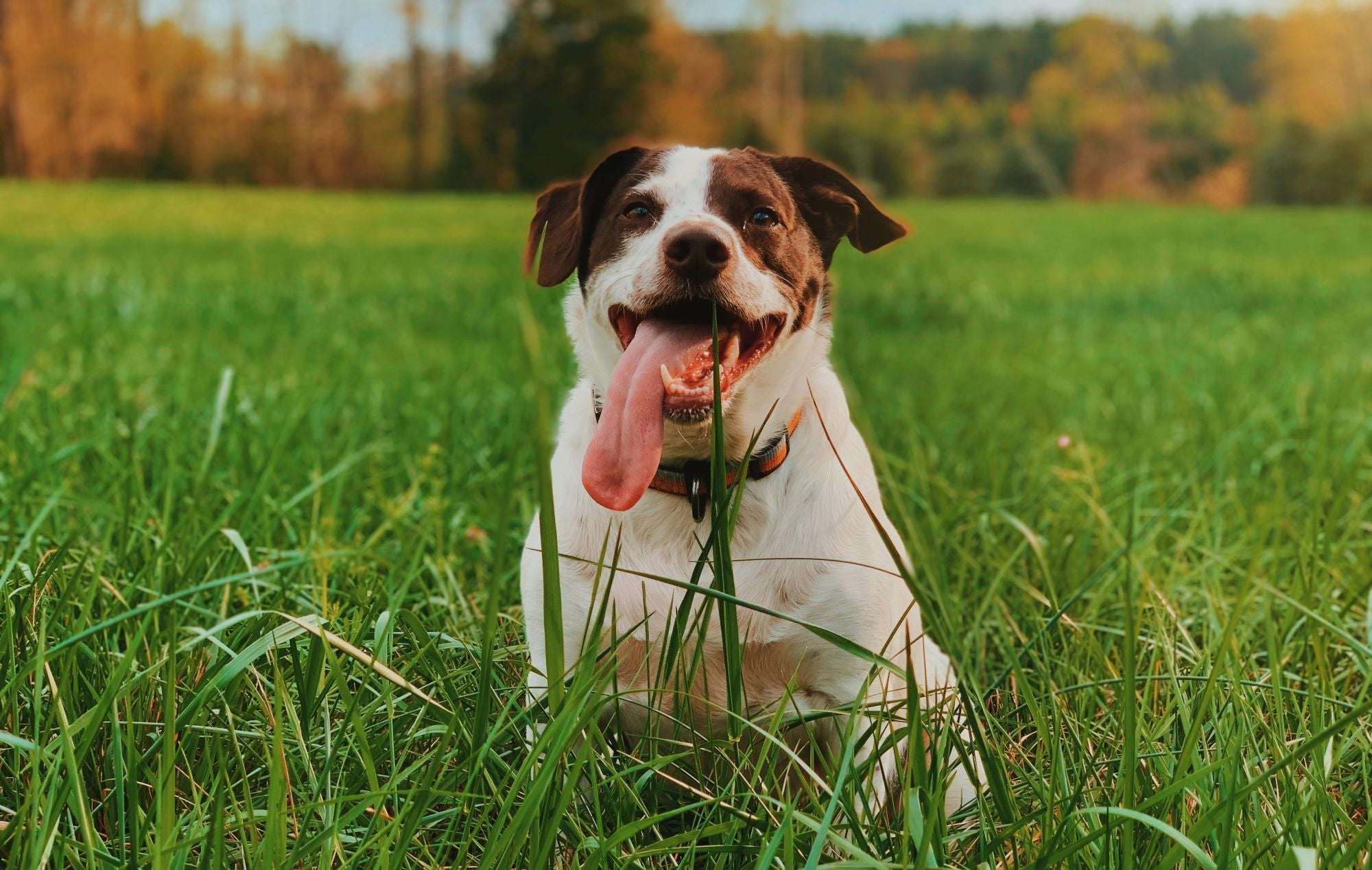
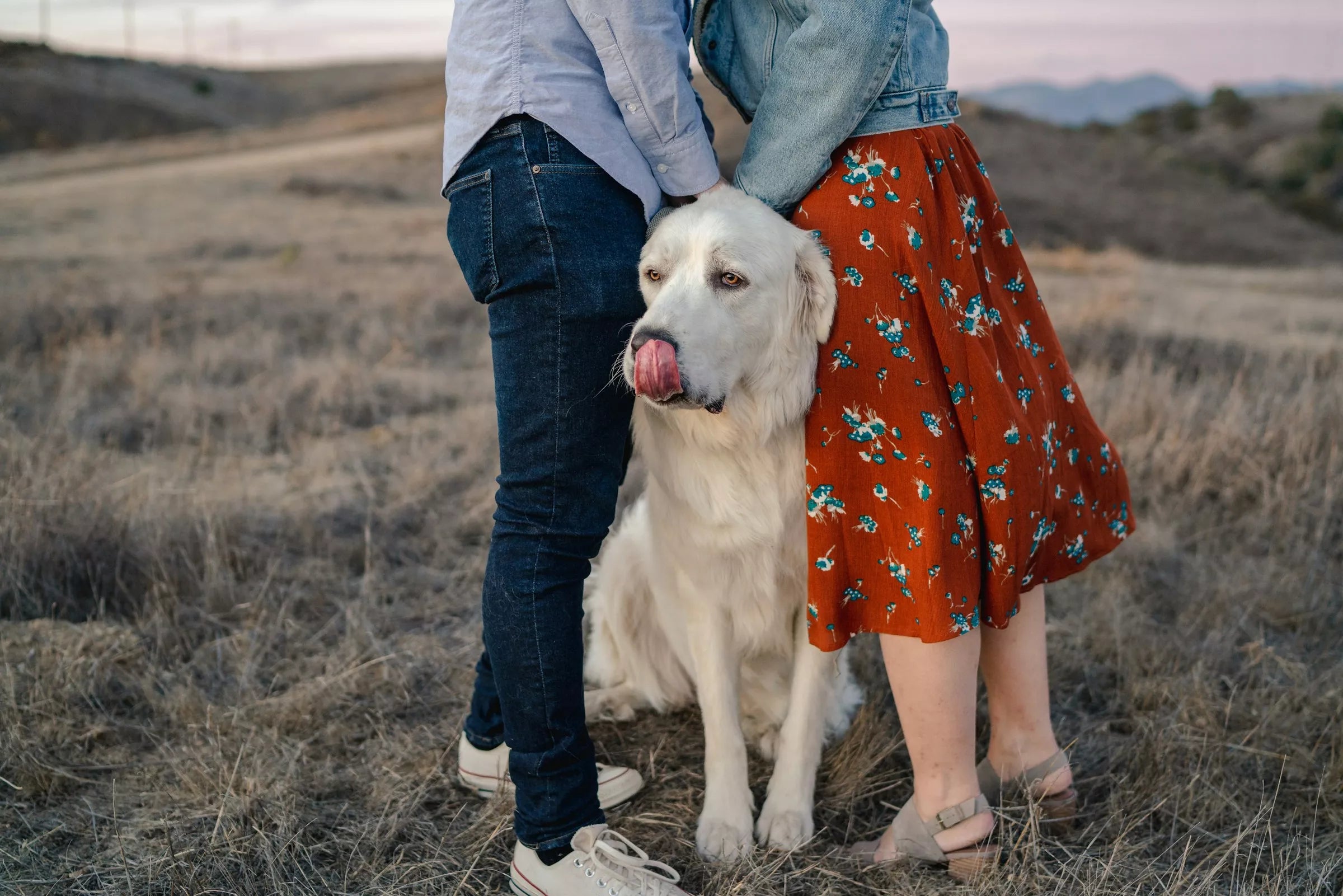
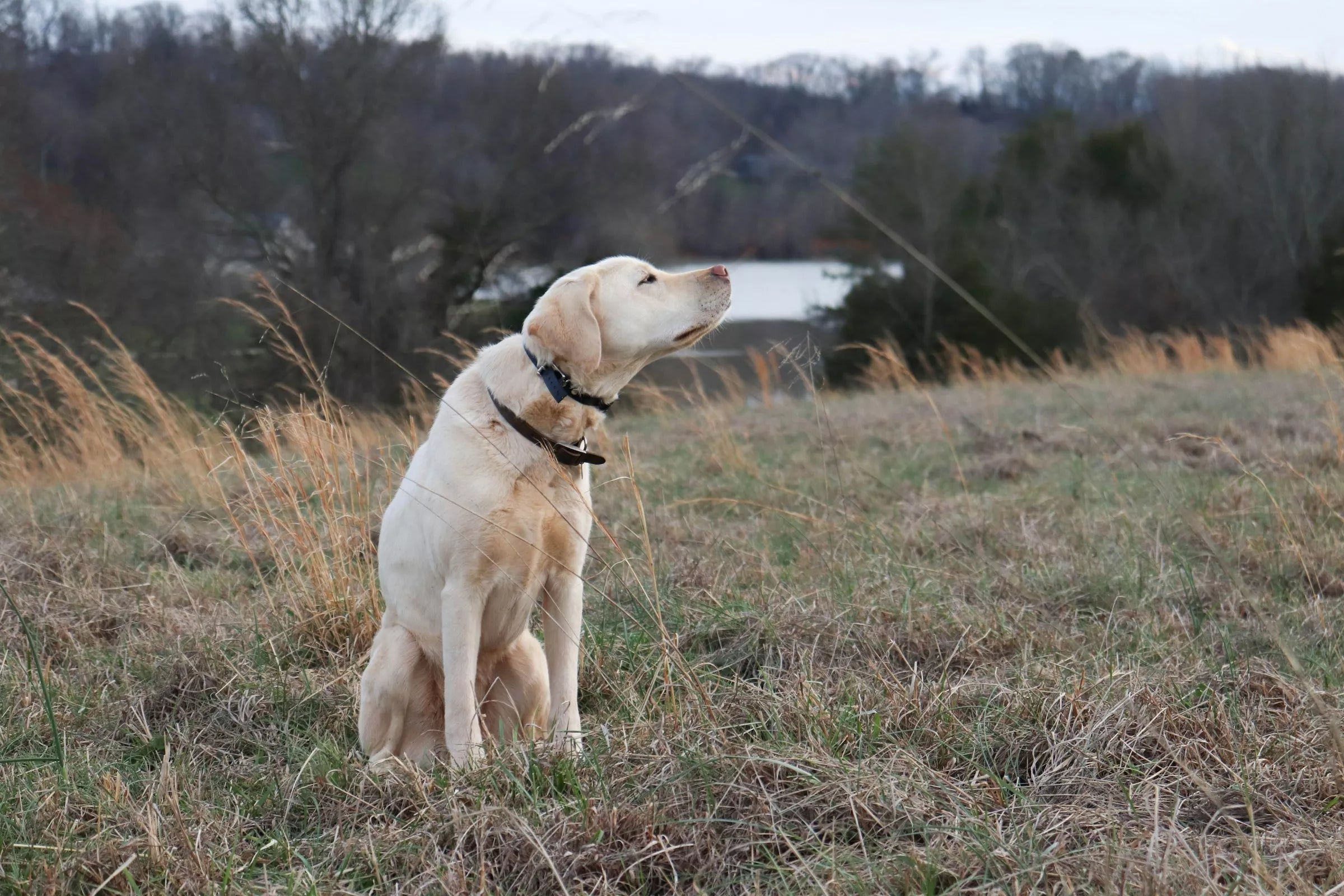
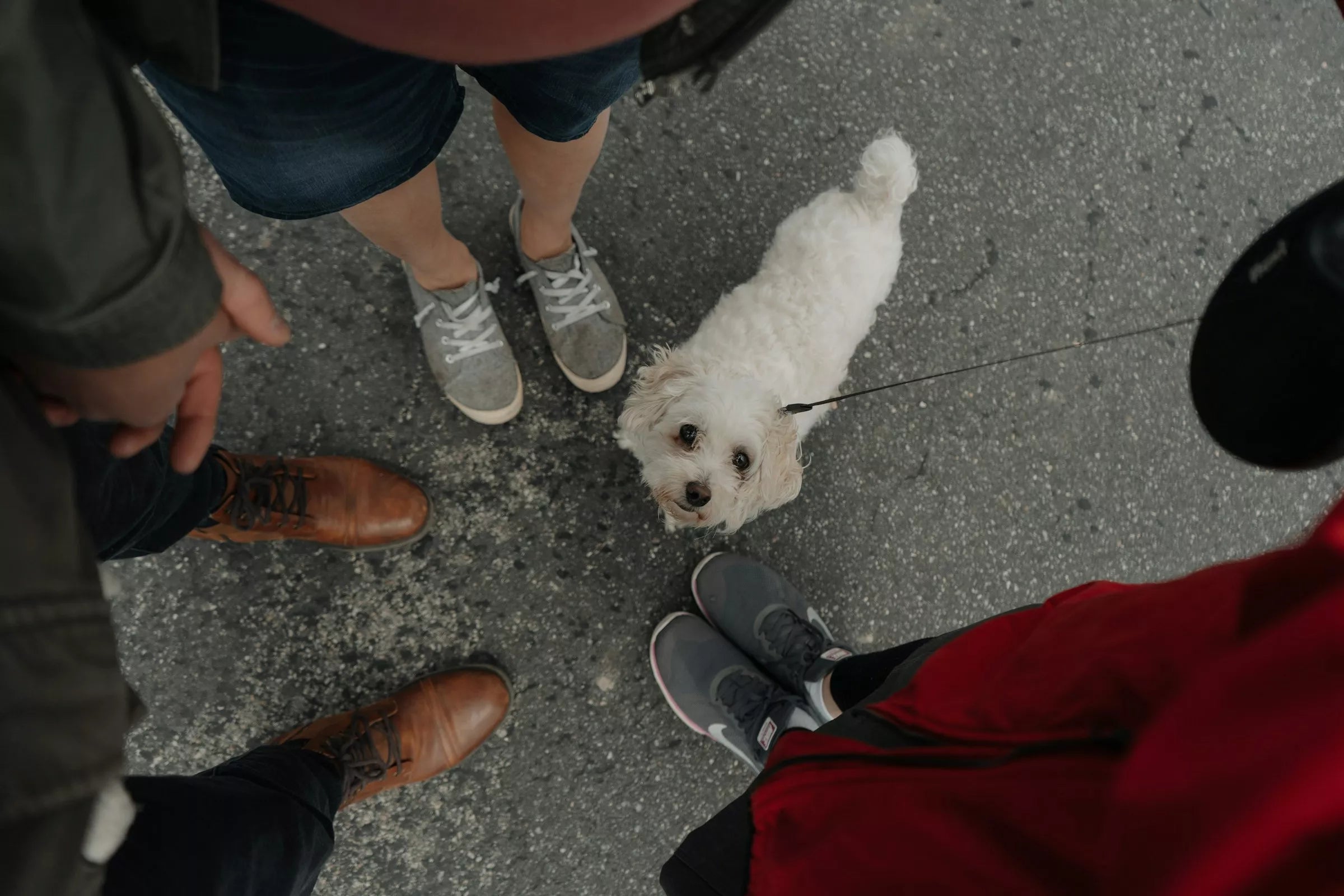
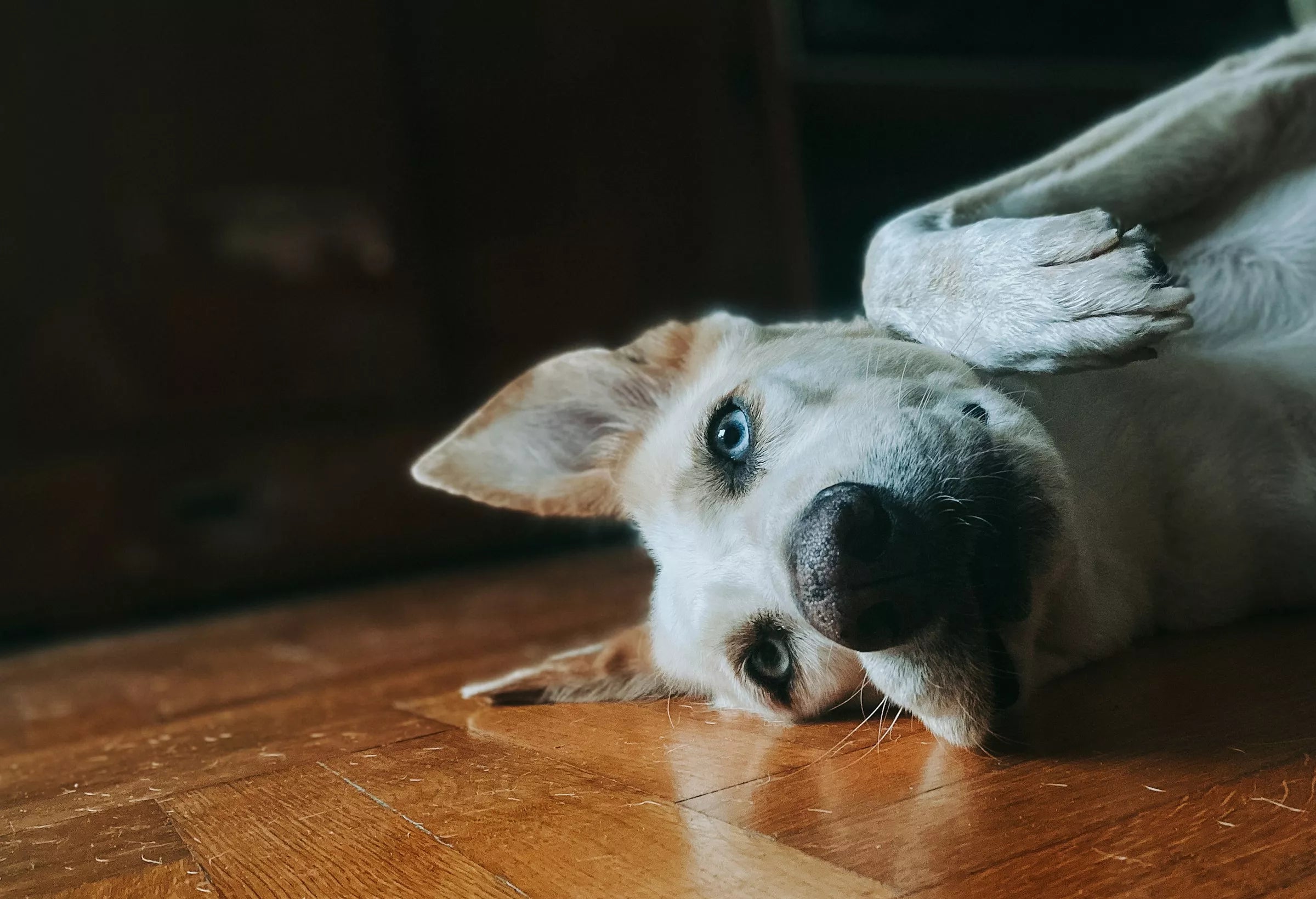
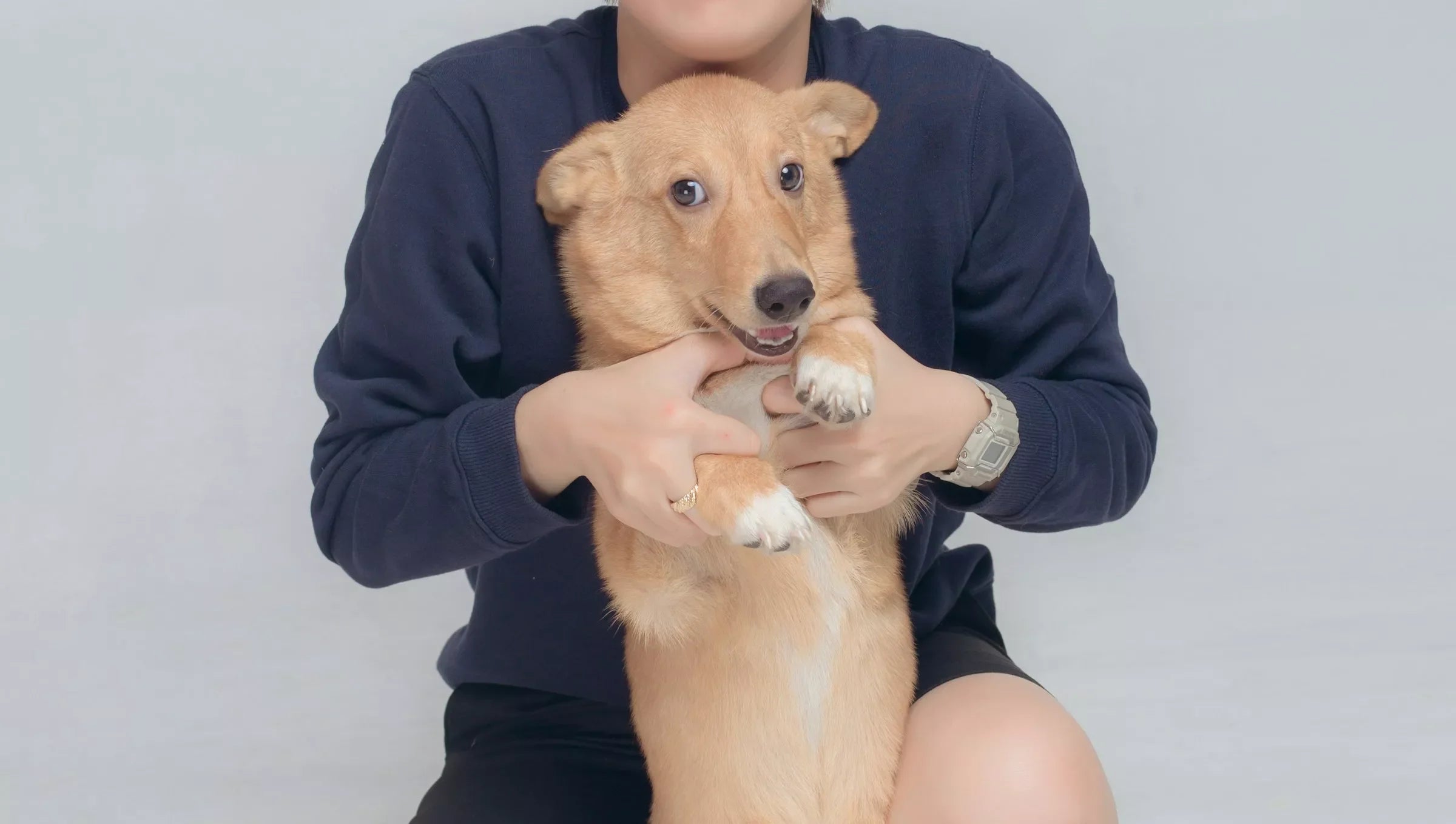
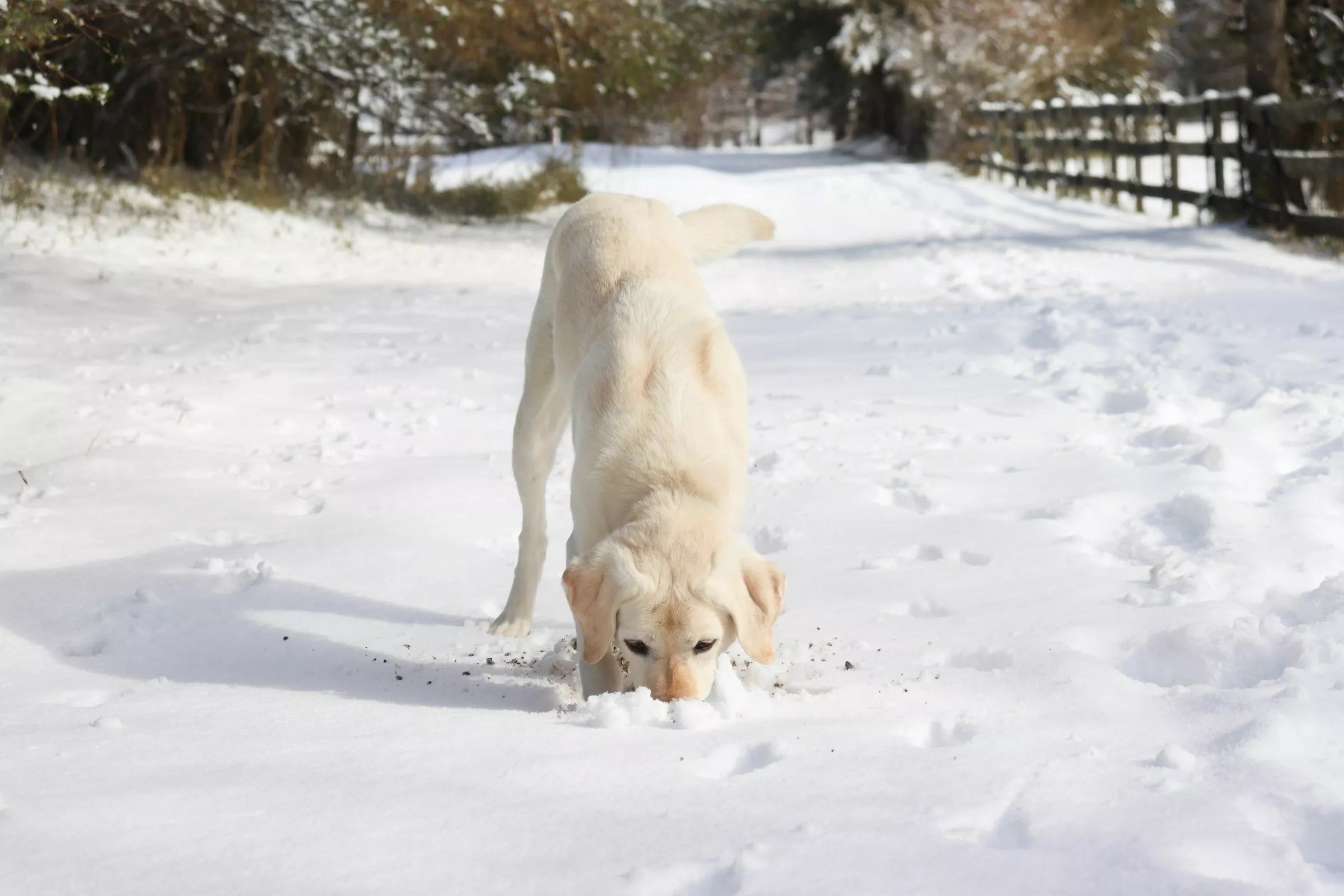






Share:
Can Dogs Eat Blueberries?
How Dogs See